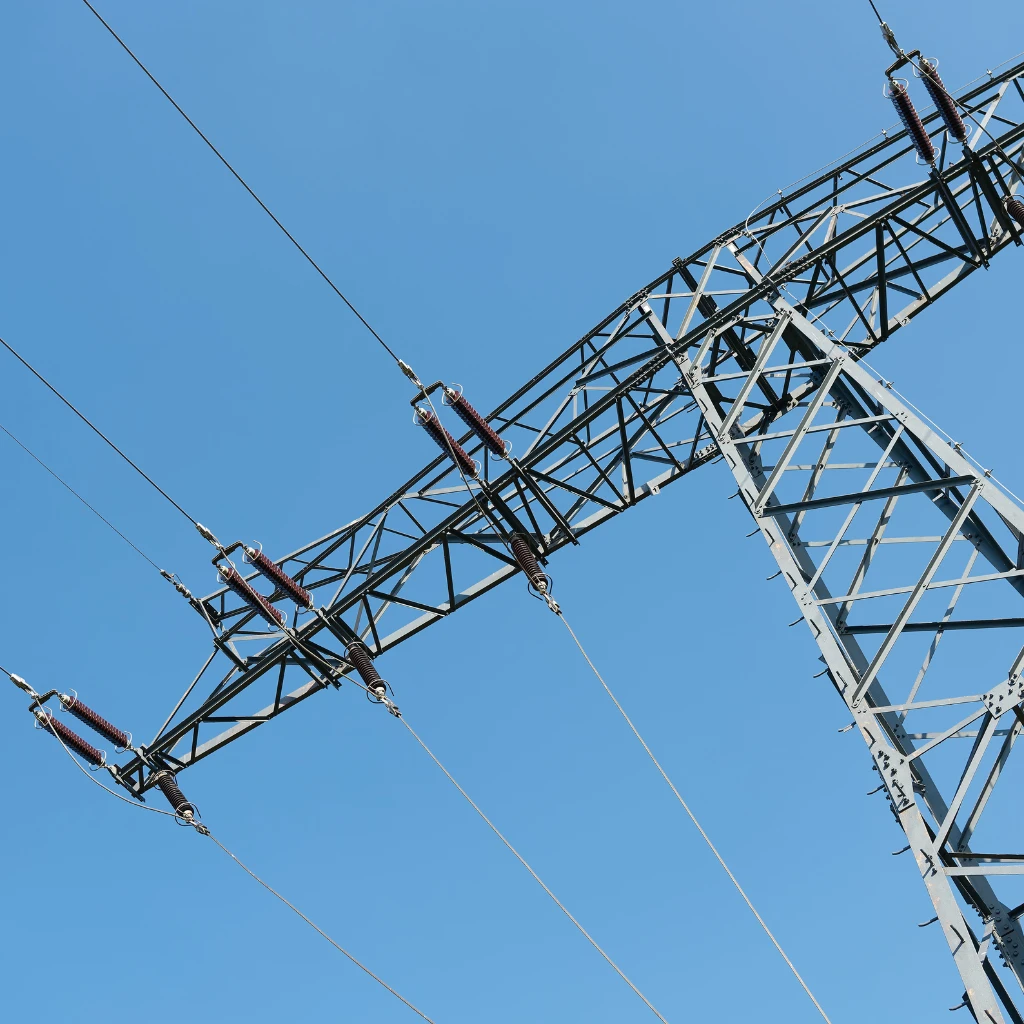

A strip insulator is a crucial component in electrical systems, designed to provide insulation between conductive materials and prevent unwanted current leakage.
These insulators are commonly used in power distribution, high-voltage applications, and industrial setups to enhance safety and efficiency.
A strip insulator is a flat or elongated insulating material that separates and supports electrical conductors.
It is made from high-quality materials such as porcelain, fiberglass, silicone rubber, or advanced polymers, ensuring high dielectric strength and durability.
Whether in industrial machinery, high-voltage power lines, or electronic circuits, these insulators prevent electrical failures and maintain smooth operations. Here’s why:
A strip insulator is a critical component in electrical and industrial applications, designed to provide insulation, support, and protection for electrical conductors.




The versatility of strip insulator makes them a go-to solution for various applications:


Regarding electrical insulation, Earthway Technologies' Strip Insulators stand out for their exceptional quality, durability, and performance.
Designed for various industrial and high-voltage applications, our strip insulators ensure maximum safety, efficiency, and reliability

A strip insulator is an insulating component that separates and supports electrical conductors, preventing short circuits and current leakage. It is commonly used in power distribution, industrial machinery, and electronic circuits.
When selecting a strip insulator, consider:
Yes! Many manufacturers, including Earthway Technologies, offer custom strip insulators tailored to specific applications in terms of size, thickness, material, and voltage capacity.
Yes, most high-quality strip insulators are fire-resistant and non-conductive, ensuring safety in high-voltage and industrial environments.
